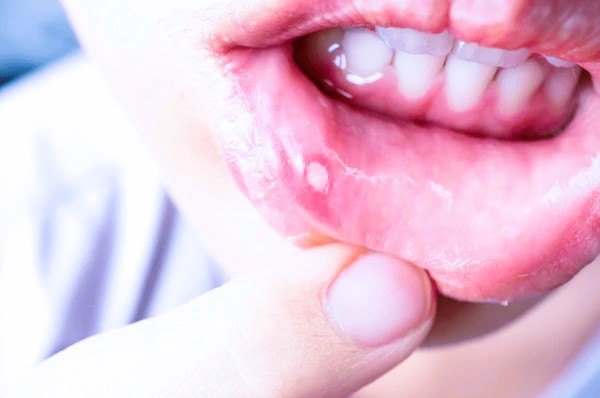Canker sores: Causes, Symptoms, Treatment, and Precautions
Discover the causes, symptoms, treatment, and precautions for canker sores in our informative blog. Learn how to manage and prevent these painful mouth ulcers.


Canker sores, also known as aphthous ulcers, are small, painful sores that develop inside the mouth. Although they are not contagious, they can be quite uncomfortable and can interfere with eating, drinking, and speaking. This blog post aims to provide a comprehensive understanding of canker sores, including their causes, symptoms, treatment, and precautions.
Causes of Canker Sores
The exact cause of canker sores is still unknown, but several factors contribute to their development. These factors include:
Minor mouth injuries from dental work, aggressive brushing, or accidental bites
Food sensitivities or allergies
Emotional stress or hormonal changes
Weakened immune system
Nutritional deficiencies, such as low levels of vitamin B12, iron, or folate
Symptoms of Canker Sores
Canker sores typically appear as small, round or oval-shaped ulcers with a white or yellowish center and a red border. Common symptoms associated with canker sores include:
Pain or discomfort in the affected area
Tingling or burning sensation before the sore appears
Difficulty in eating, drinking, or speaking
Swollen lymph nodes
Treatment for Canker Sores
In most cases, canker sores heal on their own within one to two weeks without any treatment. However, several remedies can help alleviate the pain and promote healing:
Over-the-counter topical ointments or gels to numb the area and reduce pain
Mouth rinses containing antimicrobial agents to prevent infection
Prescription medications, such as corticosteroids, for severe or recurrent canker sores
Avoiding spicy or acidic foods that can irritate the sores
Applying a mixture of water and hydrogen peroxide to the affected area to promote healing
Precautions for Canker Sores
While canker sores cannot always be prevented, taking certain precautions can help reduce their occurrence:
Practice good oral hygiene by brushing your teeth gently with a soft-bristled toothbrush
Avoid foods that may trigger canker sores, such as citrus fruits, spicy foods, and acidic beverages
Manage stress through relaxation techniques, exercise, or counseling
Ensure a well-balanced diet rich in vitamins and minerals
Avoid biting your lips or cheeks
If you experience persistent or unusually large canker sores, it is advisable to consult a healthcare professional for a proper diagnosis and appropriate treatment.
In conclusion, canker sores are common mouth ulcers that can cause discomfort and pain. By understanding their causes, recognizing the symptoms, and taking necessary precautions, individuals can effectively manage and minimize the occurrence of canker sores.
